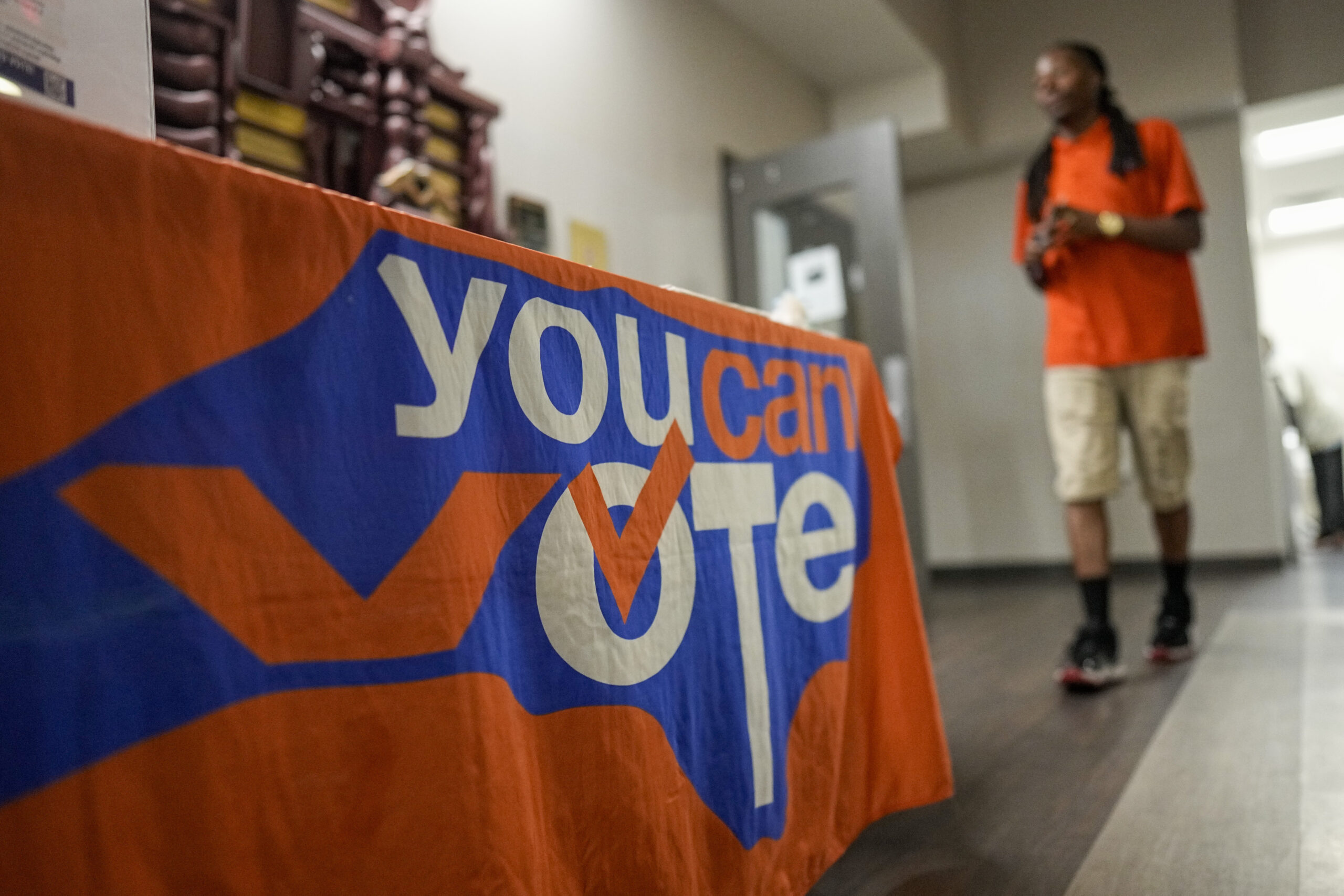RALEIGH – As our state becomes the 34th state in the union to require I.D. for be able to vote, Public Policy Polling found that the new law is unpopular among voters.
According to the poll, 39 percent of North Carolinians support the voting reform bill signed into law by Governor Pat McCrory on Monday while 59 percent oppose.
Tom Jensen, director of PPP, says that voter I.D. requirements themselves are actually popular in North Carolina, but the bill became unpopular as other provisions were added, such as an end to straight ticket voting and shortening the early voting period from 17 to 10 days.
“We found that only 33 percent of voters in the state thought that it was a good idea to cut the early voting period by a week,” Jensen says. “59 percent were opposed to that.”
Tracy Reams, Orange County Board of Elections director, says that early voting is used by voters in the county in the 2012 November election.
“We had a total of 50,233 ballots that were cast during the early voting period,” Reams says.
In a January 2011 poll by PPP, Jensen says 66 percent of North Carolinians supported just the idea of requiring voters to show I.D.
“This is one of the few things that the Republicans wanted to do that really was popular,” Jensen says. “They managed to make it unpopular by adding all of this extra stuff.”
The elimination of straight-ticket voting in the voting reform bill was also unpopular with voters. Disapproval ran among both parties, with 68 percent of Republicans and 70 percent of Democrats opposing the move.
Jensen says that Republicans in the General Assembly got rid off straight-ticket voting because Democrats are more likely to use it.
“I think the Republicans think that if they get rid of that, they’ll have a better chance of winning some of those down-ballot offices like insurance commissioner, secretary of state, those kinds of things,” Jensen says.
Jensen says the move to pass a bill with added unpopular provisions is something the Republican General Assembly has been doing since Gov. McCrory’s election.
“I think it’s a situation where Republicans really felt like, ‘we have this super majority in both the House and Senate, we have a Republican governor. We can really do pretty much whatever we want without having to worry about how popular it is,’” Jensen says.
Among the other items in the new voting reform law is that voters who show up at the wrong precinct are no longer given a provisional ballot so they can vote properly even at that location.
Reams says this was also utilized in the previous election.
“For the November general election in 2012, we had 34 provisional ballots that were cast due to voting out of precinct,” Reams says.
The law also prevents precincts from extending the time that they are open on Election Day, due to long lines or other errors. Reams says no precincts in Orange County extended their hours in the 2012 election.
Senator Kay Hagan sent a letter to U.S. Attorney General Eric Holder on Tuesday asking him to review the voting reform law.




Comments on Chapelboro are moderated according to our Community Guidelines